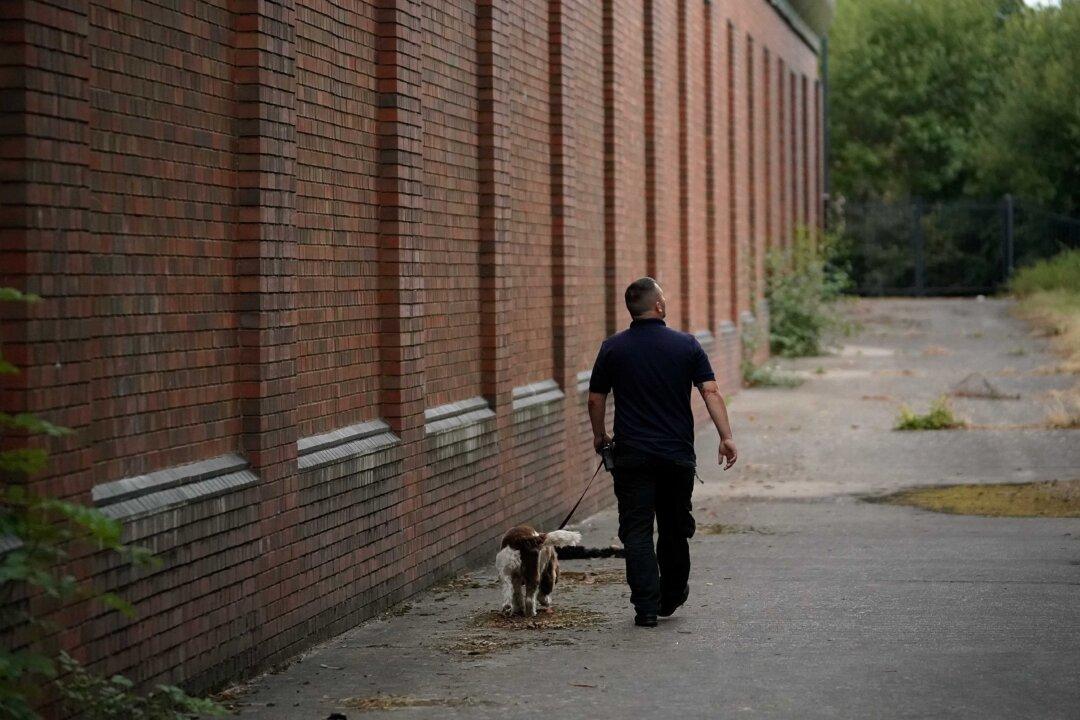Foreign prisoners will be deported earlier under new government proposals to ease up Britain’s booming jail population.
Prisons minister Damian Hinds put forward the draft legislation to MPs on Tuesday, which will allow foreign national offenders (FNOs) to be removed from the country six months earlier.





